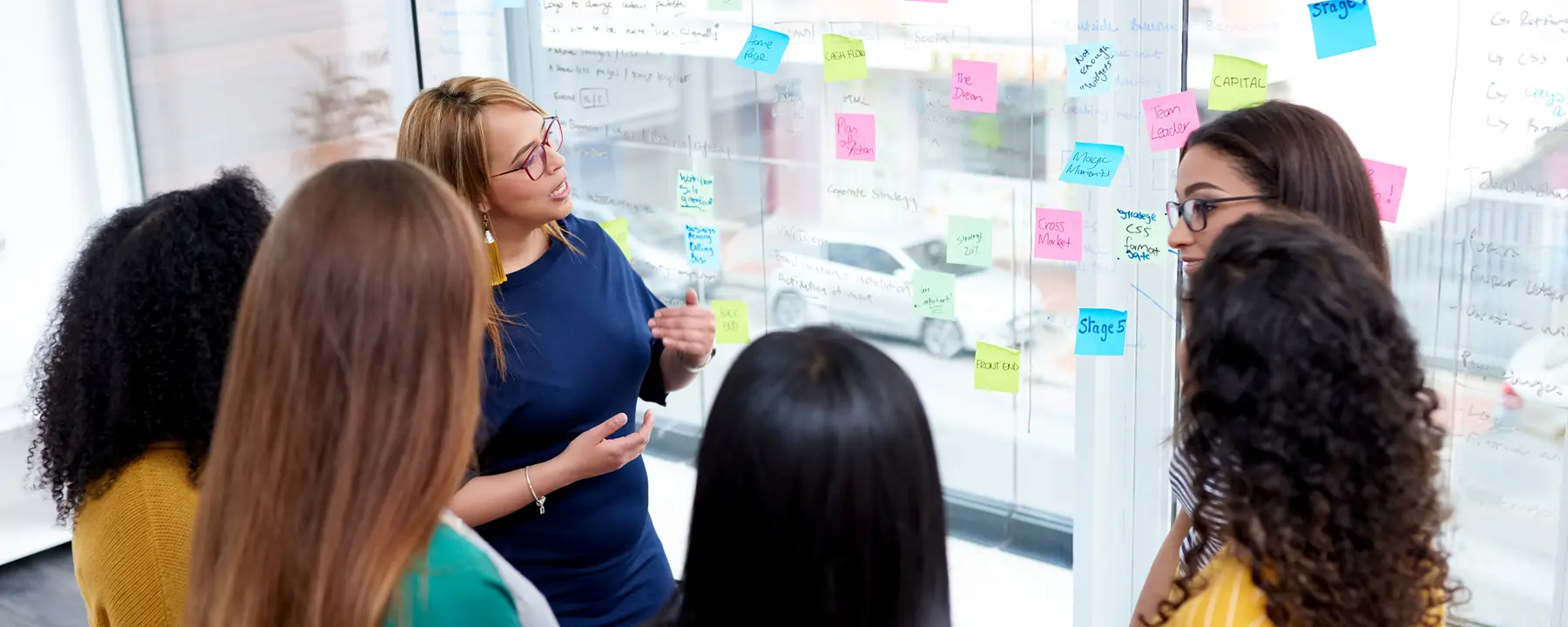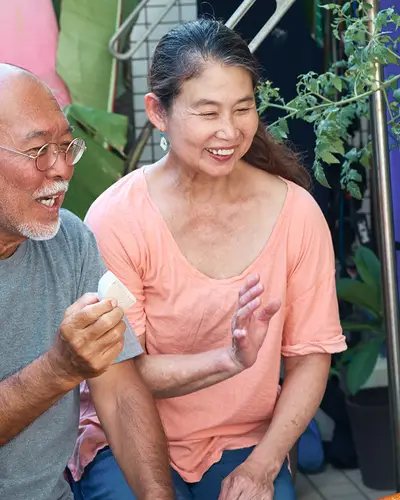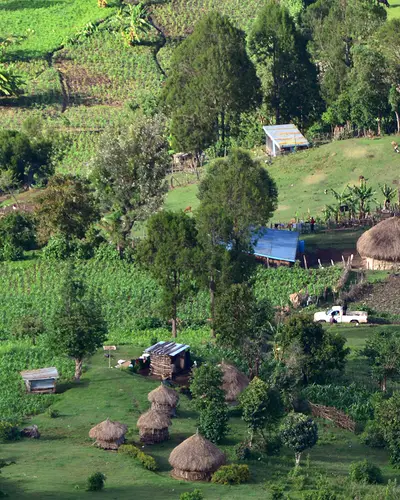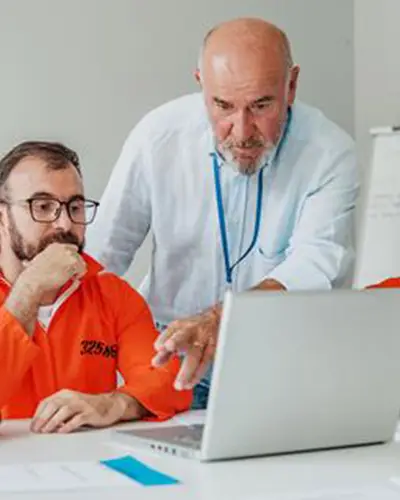We view each project—regardless of size—as an opportunity to drive positive change through new information, best practices, novel methods, and an integrated, multidisciplinary approach. No matter what our projects demand or where they take us, we bring a deep commitment to exceeding our clients’ expectations and a strong sense of mission shared.
Creative and effective solutions designed to meet the needs defined by our clients
Search Projects








